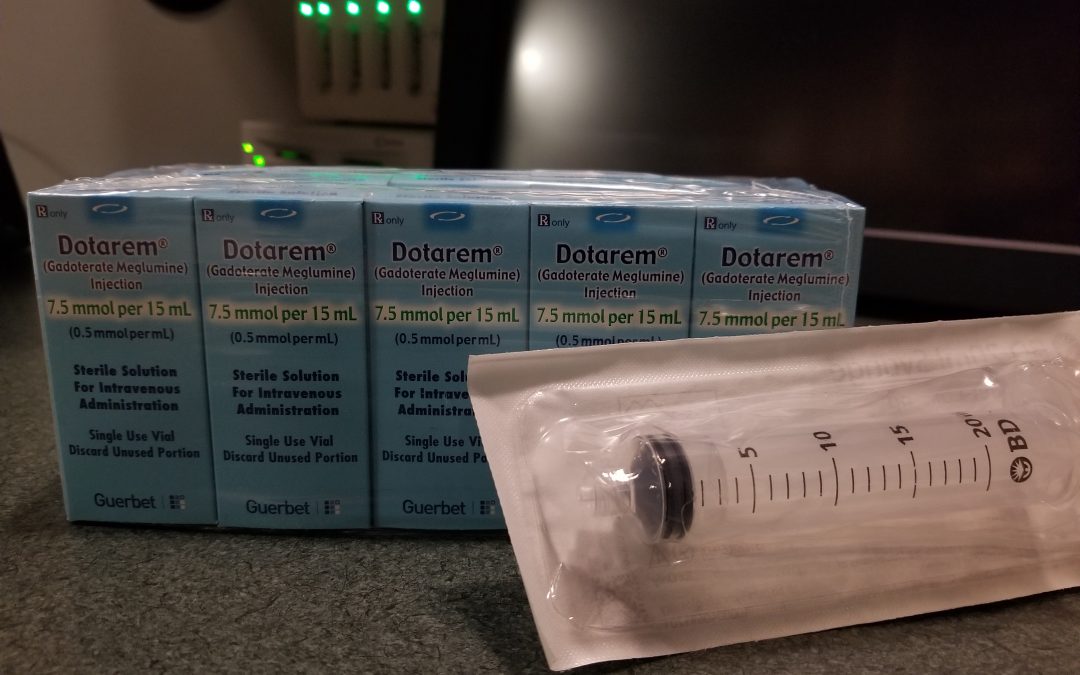RESOURCES

Let’s Talk About TULSA – An Effective Treatment Option for Prostate Cancer
In less than five years, prostate patients were coming to me from all over the U.S. and outside of the U.S. to have their prostates scanned. Studies have shown that 70% to 80% of men with an elevated PSA, or prostate-specific antigen, who have a biopsy do not have cancer. I am the first interventional radiologist in America to adopt TULSA-PRO and our practice is the second in the country to introduce it. Read more in my interview with...

Cruciferous Vegetables and Your Prostate Health
Did you know compounds in cruciferous vegetables, like broccoli and cauliflower, may target and inhibit prostate cancer cells in the body? Unlike other vegetables and plant foods, cruciferous vegetables are rich sources of glucosinolates, sulfur-containing compounds that cause their strong scent and somewhat bitter taste. Researchers are especially interested in sulforaphane, a specific compound in...

Journal of Urology PSA Article
A recent article from the Journal of Urology found the use of PSA density less than 0.15 ng/ml/ml in the presence of prebiopsy negative MRI was the most useful factor to identify men without clinically significant prostate cancer who could avoid biopsy. Learn more here.

Dr. Busch Speaks with Atlanta Business RadioX
Atlanta Business RadioX Interview with Dr. Joe Busch Listen as Dr. Busch talks with Lee Cantor from Atlanta Business RadioX about how the three most common methods to detect prostate cancer are fraught with problems and errors. In the U.S., medical teams typically use either prostate-specific antigen (PSA) blood tests, blind needle biopsies, or digital rectal exams to determine whether a man has prostate cancer. Dr. Busch says these methods are...

Busch Center Uses the Safest, Most Stable Contrast Dye and Only When Necessary
At Busch Center, many of our scans and screenings are done with noneedles, contrast dye, or radiation for a more comfortable patient experience. In some cases, however, our magnetic resonance imaging (MRI) scans require us to use contrast agents to get a more robust view to see if (and where) cancer is located in the body. In the cases where contrast dye is necessary, we opt to use Dotarem because it’s the best, safest, most stable, and...

Agent Orange: Likely a Prostate Cancer Risk Factor
Research shows that exposure to Agent Orange, an herbicide frequently used during the Vietnam War, likely caused an aggressive form of prostate cancer in many Vietnam veterans. The U.S. military used significant amounts of Agent Orange, which was contaminated with dioxin, a dangerous toxin that is now believed to cause cancer, to spray on trees and other vegetation. Soldiers who served in Vietnam between 1962-1975 were likely exposed to this...

PSA Screenings: A Good Idea at Any Age
What is PSA? The prostate makes a protein called prostate-specific antigen (PSA), which is measured by a blood test. If the PSA is high, the patient may have prostate cancer, but other factors (including an enlarged prostate or certain medications) can also cause elevated numbers. How are PSA Screenings Helpful? Prostate cancer is the most common form of cancer in men, besides skin cancer. Research shows that 1 in 9 men will be...

My Prostate Cancer Journey: An Interview with John
Watch Busch Center patient, John, and his wife, April, share John's battle with prostate cancer, what they wish they would have known from the beginning, and their advice to men and their loved ones.
